Introduction:
In today’s fast-paced world, it’s easy to overlook the thin line between occasional drinking and alcohol dependence. Recognizing the signs of alcoholism early can be life-changing, not just for the individual but for their loved ones as well. At Vanguard Behavioral Health, we understand the complexity of diagnosing and dealing with alcohol addiction. This post aims to shed light on the critical signs of alcoholism, guiding those in need towards a path of recovery.
Table of Contents:
- Understanding Alcoholism
- Signs of Alcoholism
- Steps Towards Recovery
Understanding Alcoholism:
Alcoholism, also known as Alcohol Use Disorder (AUD), is not a lack of willpower but a complex interplay of genetics, environment, and psychological factors. It’s characterized by a craving for alcohol, loss of control over its use, and continued consumption despite adverse effects. The condition also encompasses unhealthy alcohol use, including any alcohol consumption that puts one’s health or safety at risk or causes other alcohol-related problems. According to the Mayo Clinic, this includes binge drinking, defined as a pattern of drinking where a male has five or more drinks within two hours or a female has at least four drinks within two hours—a behavior that poses significant health and safety risks (“Alcohol use disorder – Symptoms and causes,” 2023). Alcoholism leads to profound changes in the brain, making it a challenge to manage without professional help. It’s essential to recognize that alcoholism is a medical condition that requires understanding, treatment, and compassion.
Signs of Alcoholism:
Though Alcohol Use Disorder (AUD) can exhibit traditional symptoms such as increased tolerance and withdrawal symptoms, its effects are not always so outwardly recognizable. In some cases, individuals with AUD appear responsible, productive, and may even be high achievers or in positions of power, leading many to overlook their drinking problem [“Is Anyone Really a ‘High-Functioning Alcoholic’?” (n.d.)].
Someone showing signs of alcoholism may need significantly more alcohol to feel its effects, leading to higher consumption. Without alcohol, these individuals may exhibit withdrawal symptoms such as shaking, sweating, nausea, and anxiety, indicating a physical dependence on the substance.

Alcohol addiction often leads to a loss of control over alcohol consumption, leading to drinking more alcohol or for a longer duration than intended. Professional, academic, or home responsibilities may be recurrently neglected as a result of drinking. Also, despite facing negative consequences such as health issues, strained relationships, or legal problems due to alcohol, many continue to drink. Recognizing these signs of alcoholism, even in seemingly successful and productive individuals, is crucial to address the issue and provide the necessary professional help.
Steps Towards Recovery
Navigating the path to recovery from alcoholism involves a balance of medical supervision for safe detoxification, therapeutic approaches to address root causes, and professional care tailored to individual needs. The critical role of a supportive community and the necessity for continuous care exemplify the dynamic process of overcoming addiction. At Vanguard Behavioral Health, we illuminate this path, providing individualized programs that incorporate expert guidance and empathetic support. As you strive for a rejuvenated, alcohol-free life, we stand by your side, ready to assist and empower you each step of the way. Experience how Vanguard can contribute to your journey towards recovery.
Reference:
Alcohol use disorder – Symptoms and causes. (2023). Mayo Clinic. https://www.mayoclinic.org/diseases-conditions/alcohol-use-disorder/symptoms-causes/syc-20369243
“Is Anyone Really a ‘High-Functioning Alcoholic’?” (n.d.). WebMD. Retrieved from: https://www.webmd.com/mental-health/addiction/features/high-functioning-alcoholic







